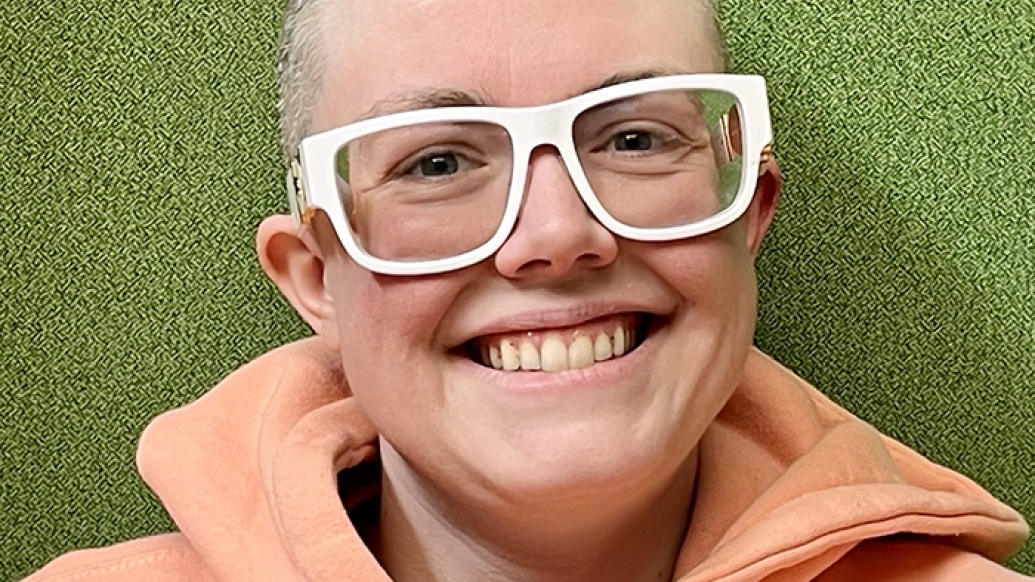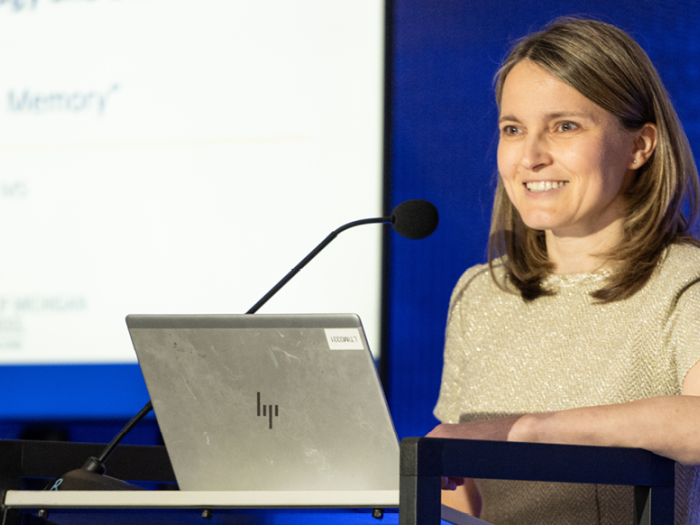
Dissertation defense: Friday, April 21, 9:00 AM, Rm. 3813 Med Sci II.
Title: Massively parallel screens to identify splice disruptive variants in human disease genes
Research abstract:
My research uses a massively parallel splicing assay (MPSA) to interrogate every single nucleotide variant across exons with known splicing defects associated with human disease. The MPSA creates a splicing effect map that nominates pathogenic variants which may be novel, rare, familial, or not yet have a clear clinical interpretation. I also use MPSA data to identify the state of the art in computational splice effect prediction algorithms and to define optimal thresholds to classify splice altering variants in each tool. Thus, my research can inform clinical genetics testing – both through measured splicing effects and recommendations of top performing algorithms.
What motivates you about this topic?
The translational nature of this topic motivates me – there is a vast space of patient variants without a clear interpretation of pathogenicity, and high throughput screens are one approach to help close the gap by assessing splicing effects of hundreds of variants simultaneously.
How did you come up with this topic?
I can’t take credit for coming up with this topic – my mentor Jacob Kitzman devised the high throughput splicing screen, and thanks to those experimental screens, I’ve been lucky enough to have dependable, reliable, innovative, and comprehensive datasets to analyze during my Ph.D.
What drew you to U-M computational medicine and bioinformatics in the first place?
I chose a bioinformatics Ph.D. because of the applied, translational research. Although some labs work on methods development, I wanted research using existing methods and public databases to provide clinically relevant information directly to patients. The Kitzman lab additionally has unique experimental techniques to assess hundreds of variants in human disease genes simultaneously, and it has been very rewarding to analyze those data.
What was your most exciting moment during your Ph.D. training?
I loved when our experimental results within POU1F1 exon 2and WT1 exon 9 - two critical transcription factors with splice disruptive variants associated with human disease - agreed with known patients’ splicing effects. Within both exons, we expanded existing knowledge by detecting other nearby variants with similar splicing effects that would also be pathogenic. Our splicing assessments can then be applied to other clinical genetics patients who may have overlapping variants in those genes.
What are your career plans and how did your training prepare you for these?
After graduation, I will be accepting a role as a senior staff scientist at the University of Michigan. My training in computational methods, data analysis, data visualization, and genomics terminology has set me up for a smooth transition into a long and fruitful career of impactful research and I can’t wait to get started on the next chapter.

Associate Professor





